Peter Gleick: Water on the Moon
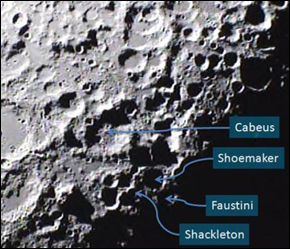
In a good indication of just how important water is to us, some of the most exciting news from the Moon since the initial 1969 landing has revolved around research to determine whether or not it has water.
Tantalizing hints have been accruing in recent years, and today NASA released the remarkable results of their most recent effort. According to Dr. Anthony Colaprete, chief scientist for the Lunar Crater Observation and Sensing Satellite (LCROSS) mission, along with other researchers at NASA, water vapor and ice were clearly detected on October 9th after NASA purposely crashed a rocket into a cold, dark crater near the Moon’s south pole.
Water Number: 25 gallons. The NASA mission measured about 25 gallons of water in the form of vapor and ice after punching a hole about 100 feet across in the surface of the moon. While that seems like a small amount, it suggests that there could be significant quantities in some locations.
Why do we care? Obviously, this water isn’t going to help solve any of our water problems here on earth. But if we do, as a species, move out into space, water is the single most important resource we can find. It is too heavy to move water from the surface of the Earth into space, but if we can find it out there, it can be used for drinking water, to make oxygen for breathing, hydrogen for rocket fuel, and to produce food.
There are all sorts of other efforts underway to find water in space. In 2002, we published a small analysis of these efforts and some of the results in a piece “Water and Space,” by Elizabeth Chalecki. That essay is published in the 2002-2003 volume of The World’s Water (from Island Press).
I have mixed feelings about the value of the space program, and without a doubt, this is probably the most expensive water we’ve ever found. But, if we go to the moon, it could turn out to be among the most valuable as well.
Peter Gleick
Dr. Gleick’s blog posts are provided in cooperation with the SFGate. Previous posts can be found here.


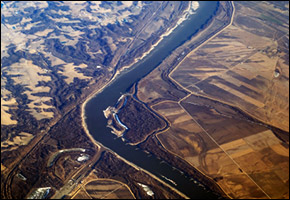
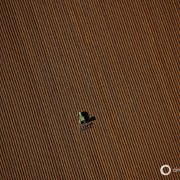


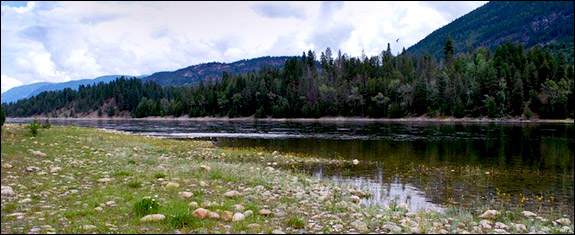


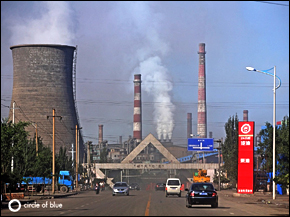
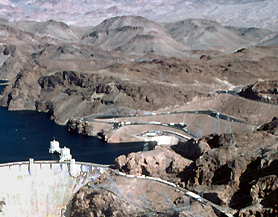
Ahahaha. Alternative water supplies. Its our manifest destiny.